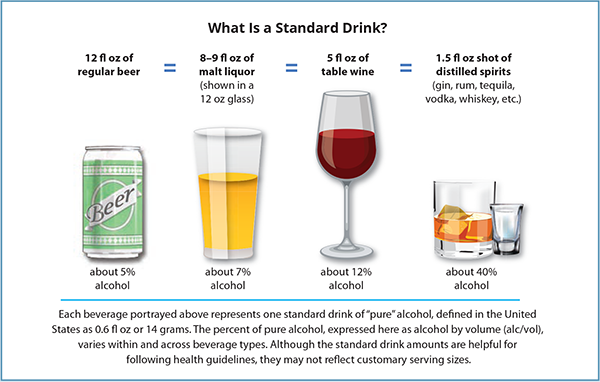Discover the surprising factors that influence how drunk you get, from blood alcohol content to the types of beer you drink.
Table of Contents
Have you ever wondered how many beers it takes to get drunk? The answer to this question is not as straightforward as you might think. The number of beers required to reach a state of intoxication varies from person to person, depending on a wide range of factors. In this blog post, we will delve into the science behind alcohol metabolism, individual tolerance levels, and various factors that can influence how drunk you get after consuming alcohol.
Alcohol Metabolism
Alcohol metabolism refers to the process by which the body breaks down and eliminates alcohol. When you consume alcohol, it is absorbed into your bloodstream through the stomach and small intestine. The liver is responsible for metabolizing alcohol, primarily through the enzyme alcohol dehydrogenase. Factors such as age, weight, gender, and overall health can influence how efficiently your body metabolizes alcohol.
Individual Tolerance Levels
Individual tolerance to alcohol is determined by a variety of factors, including genetic predisposition and habitual drinking patterns. Tolerance develops over time as your body adapts to the presence of alcohol. Factors such as the frequency of drinking, the amount consumed, and the type of alcohol can all play a role in how well you can handle alcohol. Keep in mind that tolerance does not equate to immunity to the effects of alcohol, and exceeding your personal threshold can still result in intoxication.
Influencing Factors on Intoxication
Aside from alcohol metabolism and individual tolerance levels, there are several other factors that can influence how drunk you get after consuming a certain number of beers. For example, consuming food before or while drinking can slow down the absorption of alcohol into the bloodstream, potentially reducing the overall impact. Staying hydrated can also help dilute alcohol in your system and lessen its effects. Additionally, certain medications can interact with alcohol and heighten its impact, so it’s crucial to be mindful of any potential interactions.

Image courtesy of via Google Images
It’s important to remember that different types of beer can have varying alcohol content, with some beers being stronger than others. Factors such as the alcohol by volume (ABV) of the beer and the size of the serving can all influence how quickly you reach a state of intoxication. Light beers typically have a lower ABV, while craft beers and IPAs may have a higher alcohol content, so be aware of the type of beer you are consuming and how it may affect your blood alcohol content.
Conclusion
In conclusion, the number of beers it takes to get drunk is not a one-size-fits-all answer. Alcohol metabolism, individual tolerance levels, and various influencing factors all play a role in determining your drunk threshold. By understanding these factors and making informed decisions about your alcohol consumption, you can enjoy alcohol responsibly and minimize the risks associated with overindulgence. Remember to always drink in moderation, know your limits, and prioritize your safety and well-being when consuming alcohol.
Frequently Asked Questions
How does alcohol metabolism affect how drunk I get?
Alcohol metabolism refers to how efficiently your body breaks down alcohol. Factors like age, weight, and overall health impact metabolism. Faster metabolism may lead to feeling less drunk, while slower metabolism can prolong intoxication.
What role does individual tolerance levels play in alcohol consumption?
Individual tolerance to alcohol depends on genetics and drinking habits. Regular drinkers may develop higher tolerance levels, but this doesn’t eliminate the risk of intoxication. Exceeding your personal limits can still result in being drunk.
How does the type of beer I drink affect my drunk threshold?
Various beer types have different alcohol content. Light beers generally have lower alcohol by volume (ABV), while craft beers and IPAs may have higher ABV. The type of beer and serving size can influence how quickly you reach intoxication.
Are there other factors besides alcohol metabolism and tolerance that can influence intoxication?
Yes, factors like food consumption, hydration levels, and medication interactions can impact alcohol’s effects. Eating before or while drinking, staying hydrated, and being aware of medications that can interact with alcohol are crucial in determining how drunk you get.
Generated by Texta.ai Blog Automation


Leave a Reply